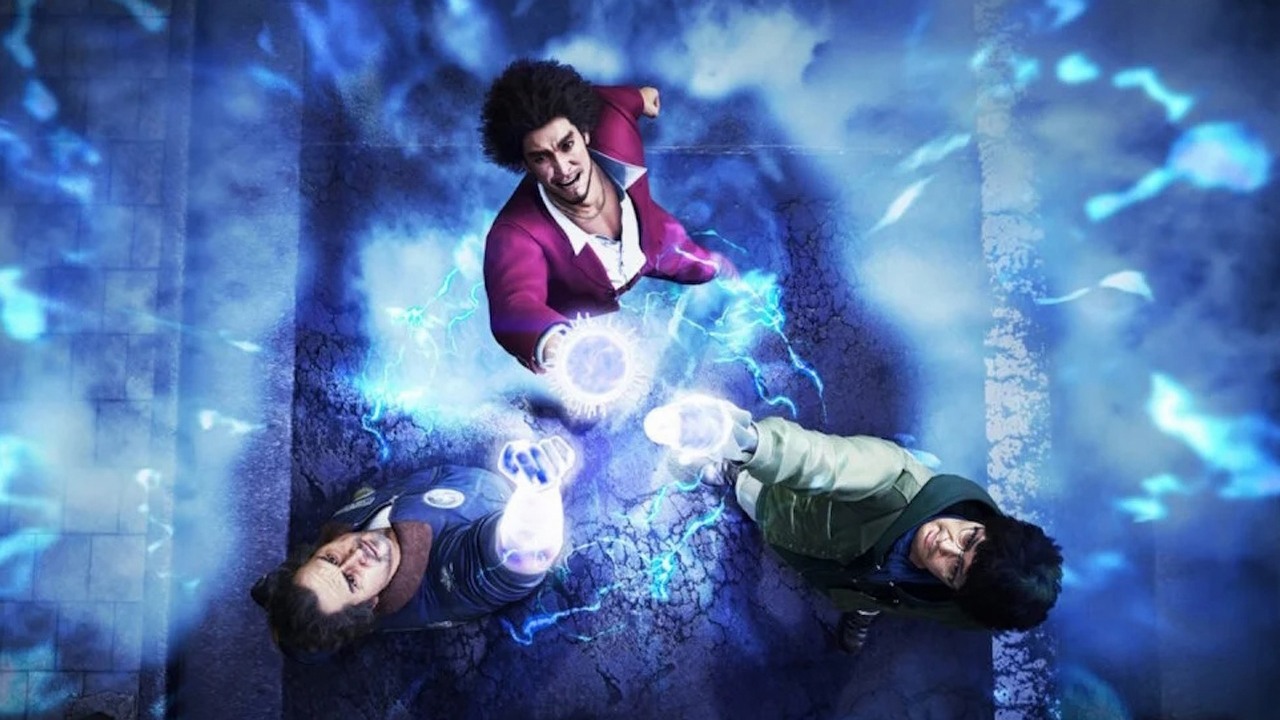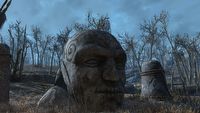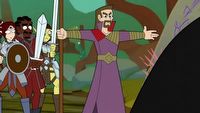Yakuza Devs Explain What Allows Them to Create Games Much Faster Than Rockstar
The Yakuza/Like a Dragon series has given us ten games in the past 10 years. The brand's director in an interview told how this was achieved.
1

The Like a Dragon series (previously released outside Japan as Yakuza) is known for its fast churning of new titles. New games from this brand come out practically every year, and sometimes even more often.
Simply put, ten titles from this series have been introduced in the last decade, including spin-offs from the Judgment series. In comparison, Rockstar Games released only two games during that time, and after Batman: Arkham Knight, the Rocksteady team made us wait nine years for the next release.
The director of the Like a Dragon series, Masayoshi Yokoyama, was asked by Washington Post journalists how he manages to maintain such a pace.
- Yokoyama claims that his team is able to create subsequent installments so quickly because most of them are built on the foundations of previous parts.
- As he explains, in the case of series such as Grand Theft Auto or Assassin's Creed, each installment offers a completely new city and significantly changed gameplay. As a result, the creators of these games almost must to reboot the brand every time they sit down to the next part.
The approach of the Ryu Ga Gotoku Studio team responsible for the Like a Dragon series is different. Their games are full of recurring locations (e.g. Kamurocho district) and most often they expand ideas from predecessors instead of trying to do something very different.
Of course, this does not mean that the authors are running away from novelty. Yakuza: Like a Dragon transformed the series into an RPG, and this year's Like a Dragon: Infinite Wealth offered a completely new location set in Hawaii, which is the largest city in the history of the series. Despite this, even in these two games, a lot of elements from older titles appear, which speeds up production and allows to significantly reduce costs, which is extremely valuable in the current era of rapidly swelling budgets.
Yokoyama believes that the way his studio is developing the Like a Dragon franchise is more similar to what is seen in the film and television industries.
It's hard not to agree with these words. Although the example of Ubisoft cited by Yokoyama is not entirely accurate, because this company is very good at regularly releasing new installments of Assassin's Creed - in the last 10 years, seven major games from this brand have been released on PC and consoles. However, this is also possible here because subsequent parts of the series are often built on the foundations of the previous ones.
However, Yokoyama is right that the fact that these games are set in a different historical period each time greatly increases the costs - just look at the insanely extensive payroll lists from each installment. Much fewer people work on subsequent Yakuzas, which is possible, among others, thanks to revisiting locations appearing in previous titles.
1

Author: Adrian Werner
A true veteran of the Gamepressure newsroom, writing continuously since 2009 and still not having enough. He caught the gaming bug thanks to playing on his friend's ZX Spectrum. Then he switched to his own Commodore 64, and after a short adventure with 16-bit consoles, he forever entrusted his heart to PC games. A fan of niche productions, especially adventure games, RPGs and games of the immersive sim genre, as well as a mod enthusiast. Apart from games, he devourers stories in every form - books, series, movies, and comics.
Latest News
- End of remote work and 60 hours a week. Demo of Naughty Dog's new game was born amid a crunch atmosphere
- She's the new Lara Croft, but she still lives in fear. Trauma after Perfect Dark changed the actress' approach to the industry
- „A lot has become lost in translation.” Swen Vincke suggests that the scandal surrounding Divinity is a big misunderstanding
- Stuck in development limbo for years, ARK 2 is now planned for 2028
- Few people know about it, but it's an RPG mixing Dark Souls and NieR that has received excellent reviews on Steam, and its first DLC will be released soon


